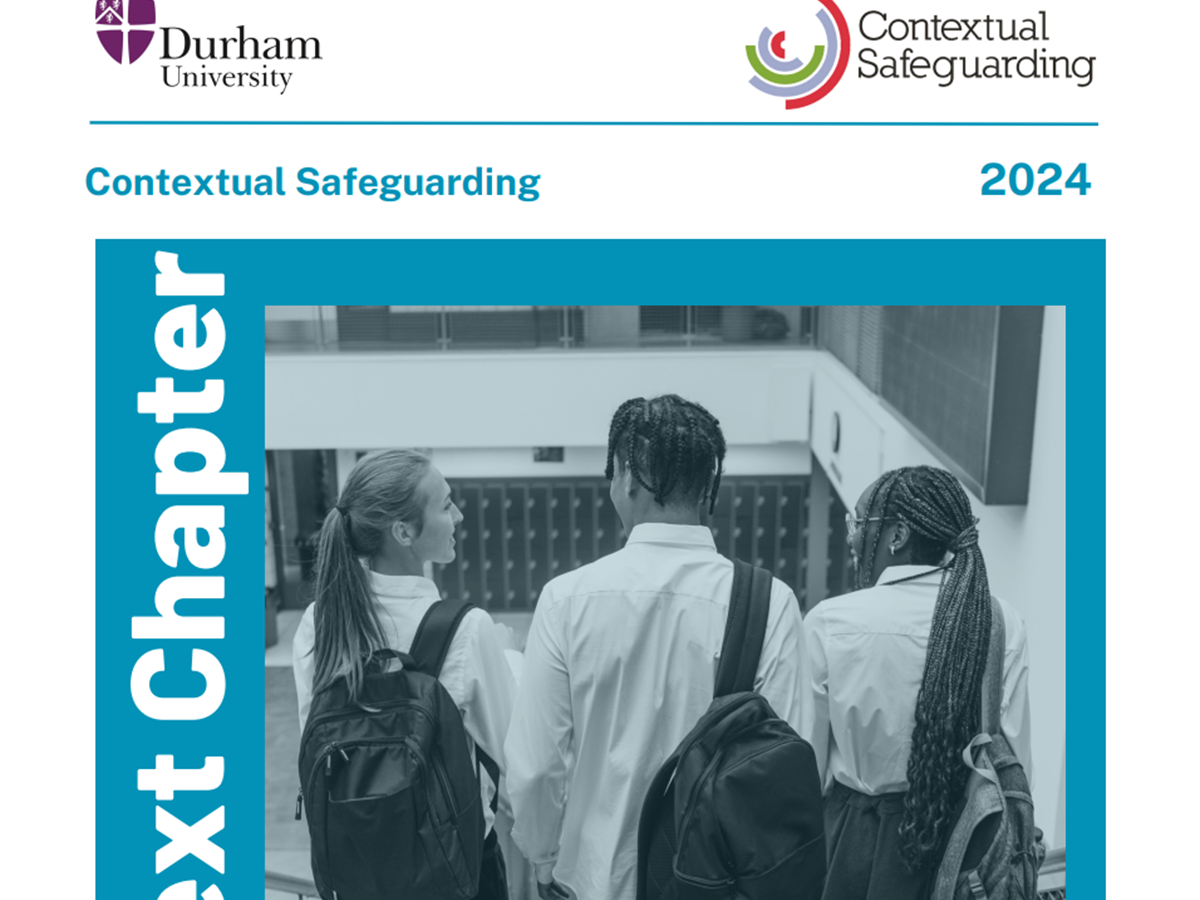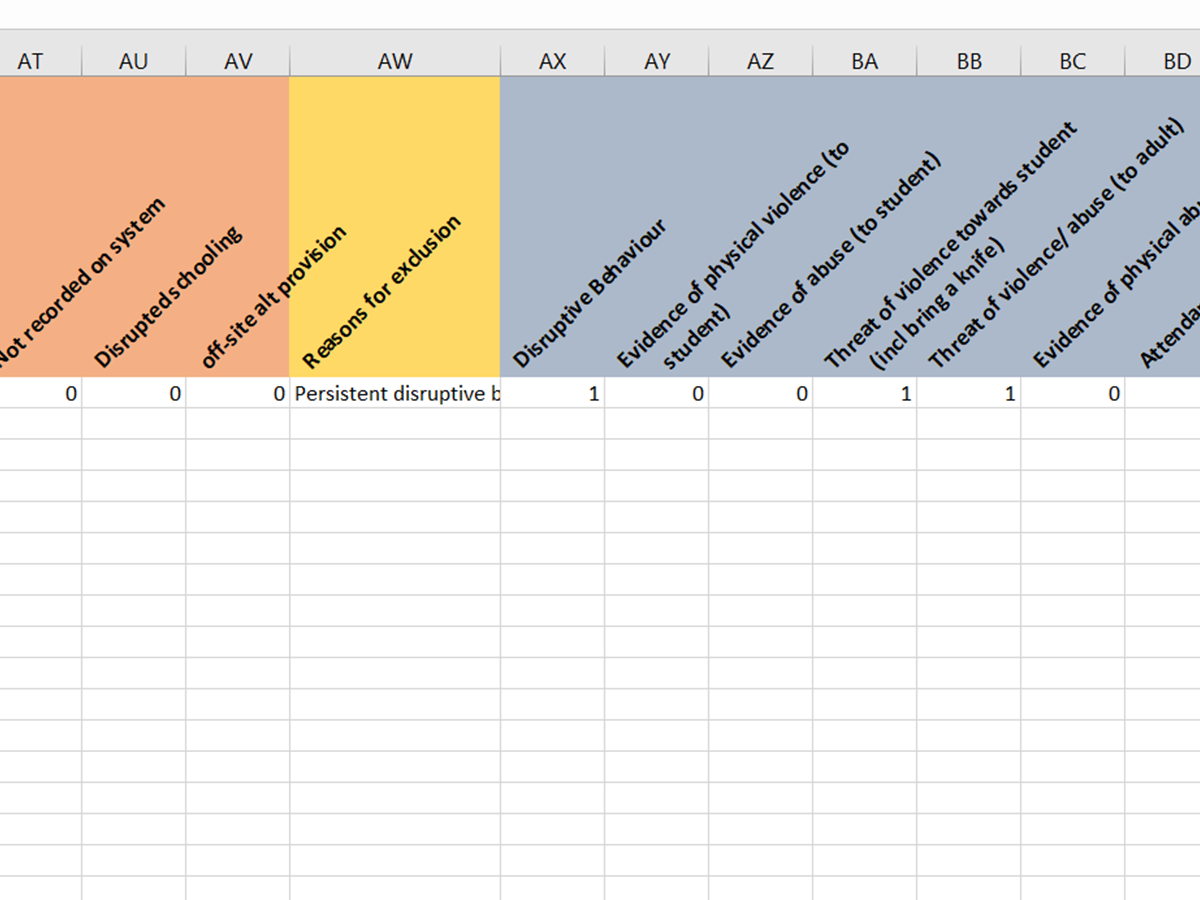In the name of safeguarding: The education experiences of children experiencing extra-familial harm
What are the education experiences of young people impacted by extra-familial harm? Who do social work consider impacted by extra-familial harm and how are panels used to discuss young people? This report presents data looking at the education experiences of children impacted by extra-familial harm.
Those working with children impacted by extra-familial harm have spoken about how decisions about school exclusions are sometimes taken “in the name of safeguarding”. That is, as a means of keeping other students safe from the influence of violence and harm that can be associated with children experiencing criminal exploitation, youth violence or sexual exploitation. If true, it is important that educational decisions about children and young people impacted by extra-familial harm are sensitive to, and promote, the best interests of those children and their welfare, including decisions about whether to exclude them. It is essential that those whose task it is to protect children from harm (safeguarding professionals) and those tasked with promoting their access to education work together.
By collecting data from 17 local authorities in England and Wales, we start to see an emerging picture of how safeguarding professionals are responding to the issue of extra-familial harm and importantly, who they think is who they think is impacted by it. The data starts to show the complex relationship between how systems ostensibly designed to keep young people safe can themselves adversely impact different young people.
- Children and young people were mostly considered to be experiencing child criminal exploitation. (Page 17)
- Racially minoritised children and young people were disproportionately considered to be experiencing extra-familial harm relative to local population ethnicity. (Page 17)
- Racially minoritised young people were much more likely to be considered to be impacted by ‘serious youth violence’ and ‘gang affiliation’ than non-racially minoritised young people . (Page 18)
- Over half of children and young people were not in mainstream education provision while 45% were educated in mainstream settings. (Page 19)
- The vast majority of children and young people had experienced some type of exclusion at school. A fifth had experienced permanent exclusion. (Page 20)
- Twice as many boys than girls experienced permanent exclusion. More girls experienced fixed-period exclusions and reduced timetables than boys. (Page 21)
- The education experiences of a quarter of racially minoritised children were not known. (Page 21)
- ‘Disruptive behaviour’ and ‘attendance and punctuality’ were the most common reasons given for why a child experienced permanent exclusion or any form of exclusions. (Page 26)
- Children and young people were excluded for reasons that were strongly associated to their experiences of extra-familial harm. (Page 27)
Webinar
This webinar presents the headline findings and recommendations from the 'In the name of safeguarding' project. Scroll down to access the report.

This report presents data from the first study of its kind looking at the education experiences of children impacted by extra-familial harm. Collecting data from 17 local authorities the report also highlights some of the trends and patterns emerging out of panels focused on discussing extra-familial harm. The report looks at four questions:
- How does social care address extra-familial harm and who do they consider as impacted by it?
- What are the education situations and experiences of young people experiencing extra-familial harm?
- If and why are children impacted by extra-familial harm excluded or moved from school?
- What are people doing to make schools safer for young people experiencing extra-familial harm?
In the name of safeguarding: The education experiences of children experiencing extra-familial harm
January 2023
Jenny Lloyd




